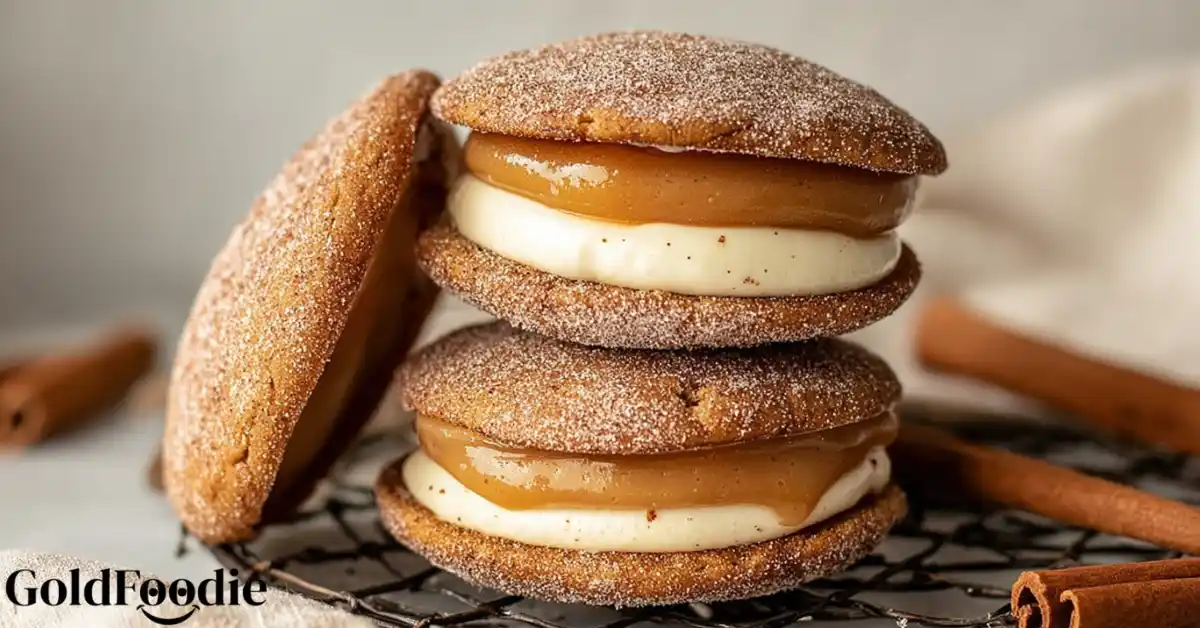Egged out? You are not alone. Yes, there are high-protein diabetic breakfasts that skip the shell.
Whether you are vegan, allergic to eggs, or just tired of the same breakfast every day, finding satisfying and low-carb morning options as a diabetic can feel limiting. But eggs are not the only protein source on the menu. In this guide, you will discover nutritious, blood sugar-friendly breakfasts that deliver protein and energy without relying on eggs.
Table of Contents
Why Go Egg-Free as a Diabetic?
Common Reasons People Avoid Eggs
People cut out eggs for different reasons. Some follow plant-based diets. Others experience allergies or digestive discomfort. Even those who love eggs may simply want more variety.
Nutritional Needs Without Eggs
Going egg-free does not mean sacrificing protein. It just means being more creative with your sources. The goal remains the same: a breakfast that balances protein, fiber, and healthy fats with minimal carbs.
Challenges in Finding Low-Carb, Egg-Free Meals
Many eggless breakfasts are high in carbs. Muffins, cereals, or toast alone will not do. But with the right swaps, you can build meals that support blood sugar and still taste great.
“The #1 high‑protein breakfast that isn’t eggs… a Tofu Scramble with Spinach delivers 28 grams of protein per serving. …Protein helps promote fullness while supporting muscle health, immune function and overall well‑being.” Eatingwell
Top Protein Sources for Egg-Free Diabetic Breakfasts
Tofu, Tempeh, and Soy-Based Proteins
Tofu scrambles and tempeh patties are excellent replacements for eggs. They are high in plant protein and low in carbs. Add veggies and spices to keep them flavorful.
Plant-Based Protein Powders
Pea, hemp, or brown rice protein powders are easy to mix into smoothies or pancakes. Choose unsweetened varieties with no fillers or artificial flavors.
Nuts, Seeds, and Nut Butters
Almonds, walnuts, chia seeds, and nut butters offer protein, fiber, and heart-healthy fats. They also make great add-ons to yogurt, puddings, or toast.
6 Easy Low-Carb Egg-Free Breakfast Ideas
Tofu Scramble with Spinach and Avocado
Crumbled tofu sautéed with spinach, turmeric, and garlic makes a colorful and filling plate. Serve with avocado for extra creaminess and healthy fat.
Chia Seed Pudding with Almond Milk and Berries
Mix chia seeds with almond milk, cinnamon, and a few fresh berries. Let it soak overnight for a no-cook, high-fiber breakfast.
Savory Tempeh Hash
Pan-fry tempeh with zucchini, bell peppers, and olive oil. Add garlic and cumin for flavor. Serve it hot and filling.
Greek Yogurt and Flax Bowl
For those who eat dairy, plain Greek yogurt topped with ground flax and pumpkin seeds is a powerful combo of protein and omega-3s.
Protein Pancakes with Almond Flour
Make pancakes using almond flour, plant-based protein powder, and baking powder. Serve with a thin layer of almond butter.
No-Egg Breakfast Wrap with Veggies and Hummus
Wrap sliced cucumber, shredded carrots, and hummus in a low-carb tortilla. Add a handful of sunflower seeds for crunch.
You’ll Also Love
➤ Low-Carb High-Protein Breakfasts for Diabetics
➤ Best Breads for Diabetics
➤ Best 7 Low-Carb Breakfast Smoothies for Diabetics
Tips to Keep Breakfasts Balanced and Filling
Combining Protein and Fiber
Every breakfast should include both protein and fiber. This duo helps keep you full and prevents glucose swings.
Avoiding Carb Creep from “Healthy” Add-ons
Even natural foods like dates or raisins can raise blood sugar quickly. Check portion sizes and focus on ingredients that are low on the glycemic index.
Best Oils and Fats to Cook With
Choose olive oil, avocado oil, or coconut oil. These fats are stable for cooking and support heart health.
FAQs About Diabetic Breakfasts Without Eggs
Are vegan breakfasts good for blood sugar?
Yes, if they focus on whole foods with a low glycemic load. Pair proteins with fiber and fats to keep blood sugar steady.
What can replace eggs in a diabetic meal plan?
Tofu, tempeh, Greek yogurt, protein powders, and legumes are all solid alternatives. Rotate them to get diverse nutrients.
How much protein do I need in the morning?
Aim for 15 to 25 grams of protein per breakfast, depending on your weight, activity level, and doctor’s recommendations.
Diabetes Nutrition Specialist | Healthy Diet Advocate | Founder of GoldFoodie.
My passion for nutrition began with a deeply personal journey supporting my father through his battle with diabetes. Watching his daily struggles made me realize how powerful the right food choices can be in improving quality of life. That experience drove me to dedicate my career to helping others live healthier, more balanced lives.








5 thoughts on “Diabetic Breakfasts Without Eggs to Energize You”